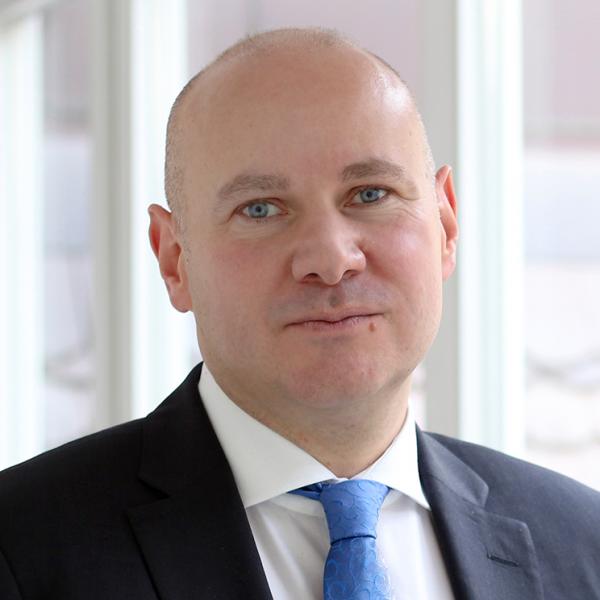German Cities Have to Reduce Traffic Despite Remote Working
Even though more people are working from home, German city dwellers are once again stuck in traffic. The number of hours spent in traffic jams each year has decreased only in some cities, but even there it remains at a high level. It therefore makes sense for cities to take measures to control motorized individual transport. This is according to an article published in the latest ifo Schnelldienst. “Actions should focus on solving local problems. This includes reducing congestion and reallocating cities’ scarce space,” writes Oliver Falck, Director of the ifo Center for Industrial Organization and New Technologies.
Inrix surveys show that drivers in Munich spent an average of 74 hours in traffic jams in 2022 (2019: 87). In Berlin, the figure was 71 hours (2019: 66), and in Hamburg, it was 56 hours (2019: 48). The issue is now back on the political agenda because many cities have set themselves ambitious CO2 reduction targets, and these are hardly compatible with such high traffic volumes.
A distinction needs to be made, however, between climate policy goals and transport policy goals when it comes to policy measures, Falck says. “If we want to decelerate climate change, we need to reduce global CO2 emissions. The easiest way to figure out where that’s most efficient is through carbon pricing.” It follows that integrating the transport sector into European emissions trading is the right way forward, he argues. After all, there is also a role for motorized individual transport to play. However, while individual measures at the local level do little to mitigate climate change, they make a lot of sense in terms of achieving transport policy goals, Falck says.
Back in 2020, the ifo Institute proposed an anti-congestion charge to reduce traffic in German cities. If Munich, for example, introduced such a charge at EUR 6 per day, it could – according to calculations by the ifo Institute – reduce the total number of kilometers traveled per person using motorized individual transport by a good 23 percent on a daily average in the charging zone within Munich’s Middle Ring Road. At peak times, the impact would be 10 percentage points higher.
